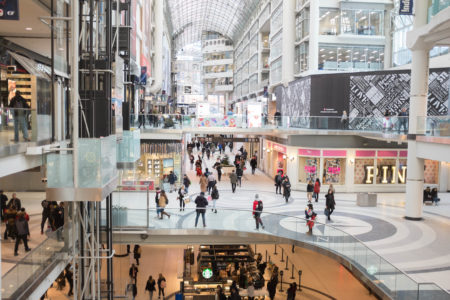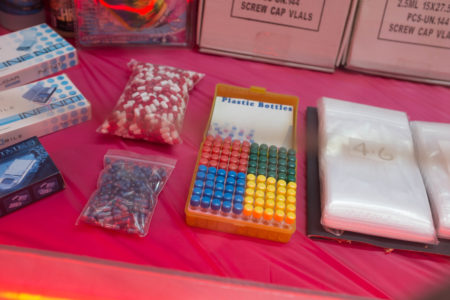Despite being looked down upon for it by more sophisticated philosophers, I see a lot of value in the utilitarian idea that the right course of action can often be discerned by considering what will produce the greatest good and the least harm among the most people. It’s not a philosophy that answers all ethical questions by itself, but I think it’s healthy to try to focus on the actual life experiences of those involved rather than purely on abstract principles or one’s own preferences and judgment.
My appreciation for utilitarianism is revealed in how I do my photography. If it’s possible to create value for someone, even if it isn’t me and even if I won’t be paid for it, I will nearly always choose to do so when allowed. That’s why my photos are released on Flickr under a Creative Commons license: to empower people to get good quality files and put them to a wide range of non-commercial uses without the need for payment or permission (my usage guide explains how). It’s also why when I am doing a commercial photoshoot I think about what will be valuable and useful to the subjects and others, as well as the client paying me. When taking institutional headshots, for instance, I try to get a variety of shots in different postures and with different backgrounds, even if the client only needs a single consistent look. I then send the collections to the subjects for their own use. It takes more effort from me and probably leads to uncredited use, but it adds to the total amount of value arising from my photographic work. The same goes for sharing photos of events like conferences, rallies, and protests.
I’m somewhat skeptical about the idea of ownership generally, or at least I think people need to remain mindful about how artificial it is. Whether it’s physical or intellectual property, ownership isn’t a fundamental property of the universe, ethics, or human society (though that view is probably most justified with regard to your own physical body). Rather it’s a set of protections states choose to provide, either because it’s consistent with their governing philosophy, because that’s what citizens want or are used to, because they are pressured by other states, or because they think it’s economically efficient or growth-promoting. In my photography I think of myself as a lot like the New Horizons space probe during the one short high-speed flyby of Pluto which was the main justification for the mission. I’m at a particular place and time with instruments that can record what is happening around me. By putting in the effort to document those things effectively (and beautifully if possible) and sharing the data widely I have the potential to be considered a good observer who didn’t squander the opportunities afforded to them. That’s why I especially object when clients want complete control over the pictures I take for them when those pictures (a) don’t reveal anything that’s unproblematic to make public and (b) have some value for other people. Needlessly cutting down the scope of who gets access destroys much of the value that could arise from the photography, and thus much of my motivation and feeling of accomplishment for undertaking it.


